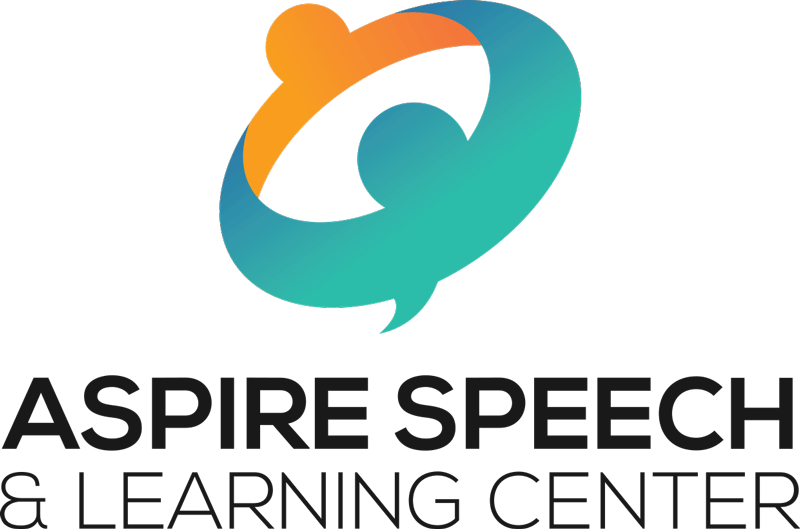One of the most exciting times in a baby’s development is when the parent begins to understand what baby is trying to say. This happens as jargon becomes interspersed with approximations of words. Once a parent, sibling or caregiver begins to understand some of baby’s speech, it becomes easier to anticipate his/her needs, thus giving baby little reason to expand his/her experimentation with language.
If a baby points and says “uh, uh” and is immediately given what he wants, then there is little motivation to learn to say “car”, “cookie” or to expand to “want cookie.” Rather than using prompts like “say cookie” or “use your words”, it is better to set up situations where a baby can experiment with language.
With a little bit of forethought, play settings and every day activities lend themselves to create the opportunity to talk. Give the baby a choice: “Do you want a cookie or a cracker?” Hide a favorite stuffed animal and then talk about it when you come across it: “Move, Teddy, that’s not your chair”, “oh, no! Teddy’s in the cupboard!” Make silly sounds when playing with a favorite toy— “booing”, “jump, jump” “swoosh” depending on the action. Hide a toy and use the correct preposition when searching and finding— “in out, on, under”. Place an object in a container or just out of reach and model “help me” or “open”.
As comprehension increases, pause slightly before naming the desired object “Night, night (pause) teddy” giving baby the chance to say the word or phrase, remembering that the word may only be an approximation of the actual word. Language development shouldn’t be a power struggle, so withhold just long enough to give baby time to produce the desired word. If the word isn’t forthcoming, then provide it and move on. Maybe next time!
While you may want to check on your child’s vocabulary growth, avoid falling into the habit of “testing.” Asking “what’s this” when the child knows that you already know the answer sends a confusing message and limits social interactions. Again, a play format creates a more natural conversation exchange.
The instinct to jump in with the desired word or object is common and sometimes it just seems easier, but with a little bit of awareness you will gradually increase the number of situations that give rise to a child’s need to talk. Remember that learning language should be fun!
Author – Jean Thompson
Aspire Speech & Learning Center
